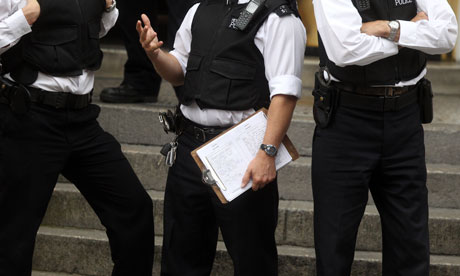The Program: The filmmaker Laura Poitras profiles William Binney, a 32-year veteran of the National Security Agency who helped design a top-secret program he says is broadly collecting Americans’ personal data.
It took me a few days to work up the nerve to phone William Binney. As someone already a “target” of the United States government, I found it difficult not to worry about the chain of unintended consequences I might unleash by calling Mr. Binney, a 32-year veteran of the National Security Agency turned whistle-blower. He picked up. I nervously explained I was a documentary filmmaker and wanted to speak to him. To my surprise he replied: “I’m tired of my government harassing me and violating the Constitution. Yes, I’ll talk to you.”
Two weeks later, driving past the headquarters of the N.S.A. in Maryland, outside Washington, Mr. Binney described details about Stellar Wind, the N.S.A.’s top-secret domestic spying program begun after 9/11, which was so controversial that it nearly caused top Justice Department officials to resign in protest, in 2004.
“The decision must have been made in September 2001,” Mr. Binney told me and the cinematographer Kirsten Johnson. “That’s when the equipment started coming in.” In this Op-Doc, Mr. Binney explains how the program he created for foreign intelligence gathering was turned inward on this country. He resigned over this in 2001 and began speaking out publicly in the last year. He is among a group of N.S.A. whistle-blowers, including Thomas A. Drake, who have each risked everything — their freedom, livelihoods and personal relationships — to warn Americans about the dangers of N.S.A. domestic spying.
To those who understand state surveillance as an abstraction, I will try to describe a little about how it has affected me. The United States apparently placed me on a “watch-list” in 2006 after I completed a film about the Iraq war. I have been detained at the border more than 40 times. Once, in 2011, when I was stopped at John F. Kennedy International Airport in New York and asserted my First Amendment right not to answer questions about my work, the border agent replied, “If you don’t answer our questions, we’ll find our answers on your electronics.”’ As a filmmaker and journalist entrusted to protect the people who share information with me, it is becoming increasingly difficult for me to work in the United States. Although I take every effort to secure my material, I know the N.S.A. has technical abilities that are nearly impossible to defend against if you are targeted.
The 2008 amendments to the Foreign Intelligence Surveillance Act, which oversees the N.S.A. activities, are up for renewal in December. Two members of the Senate Select Committee on Intelligence, Senators Ron Wyden of Oregon and Mark Udall of Colorado, both Democrats, are trying to revise the amendments to insure greater privacy protections. They have been warning about “secret interpretations” of laws and backdoor “loopholes” that allow the government to collect our private communications. Thirteen senators have signed a letter expressing concern about a “loophole” in the law that permits the collection of United States data. The A.C.L.U. and other groups have also challenged the constitutionality of the law, and the Supreme Court will hear arguments in that case on Oct. 29.
Laura Poitras is a documentary filmmaker who has been nominated for an Academy Award and whose work was exhibited in the 2012 Whitney Biennial. She is working on a trilogy of films about post-9/11 America. This Op-Doc is adapted from a work in progress to be released in 2013.
This video is part of a series by independent filmmakers who have received grants from the BRITDOC Foundation and the Sundance Institute.

